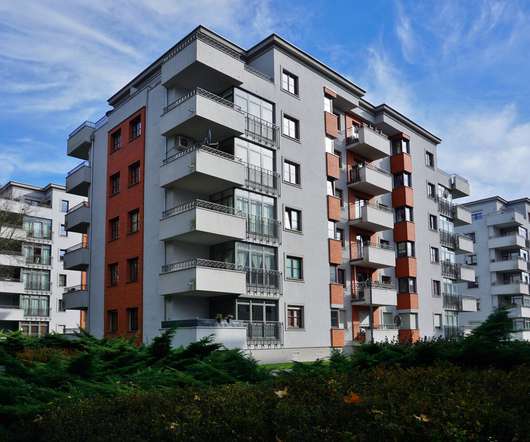Study shows a much cheaper catalyst can generate hydrogen in a commercial electrolyzer
Green Car Congress
OCTOBER 15, 2019
Researchers at the Department of Energy’s SLAC National Accelerator Laboratory and Stanford University have shown for the first time that a low-cost, non-precious metal cobalt phosphide (CoP) catalyst catalyst can split water and generate hydrogen gas for hours on end in the harsh environment of a commercial device.













Let's personalize your content